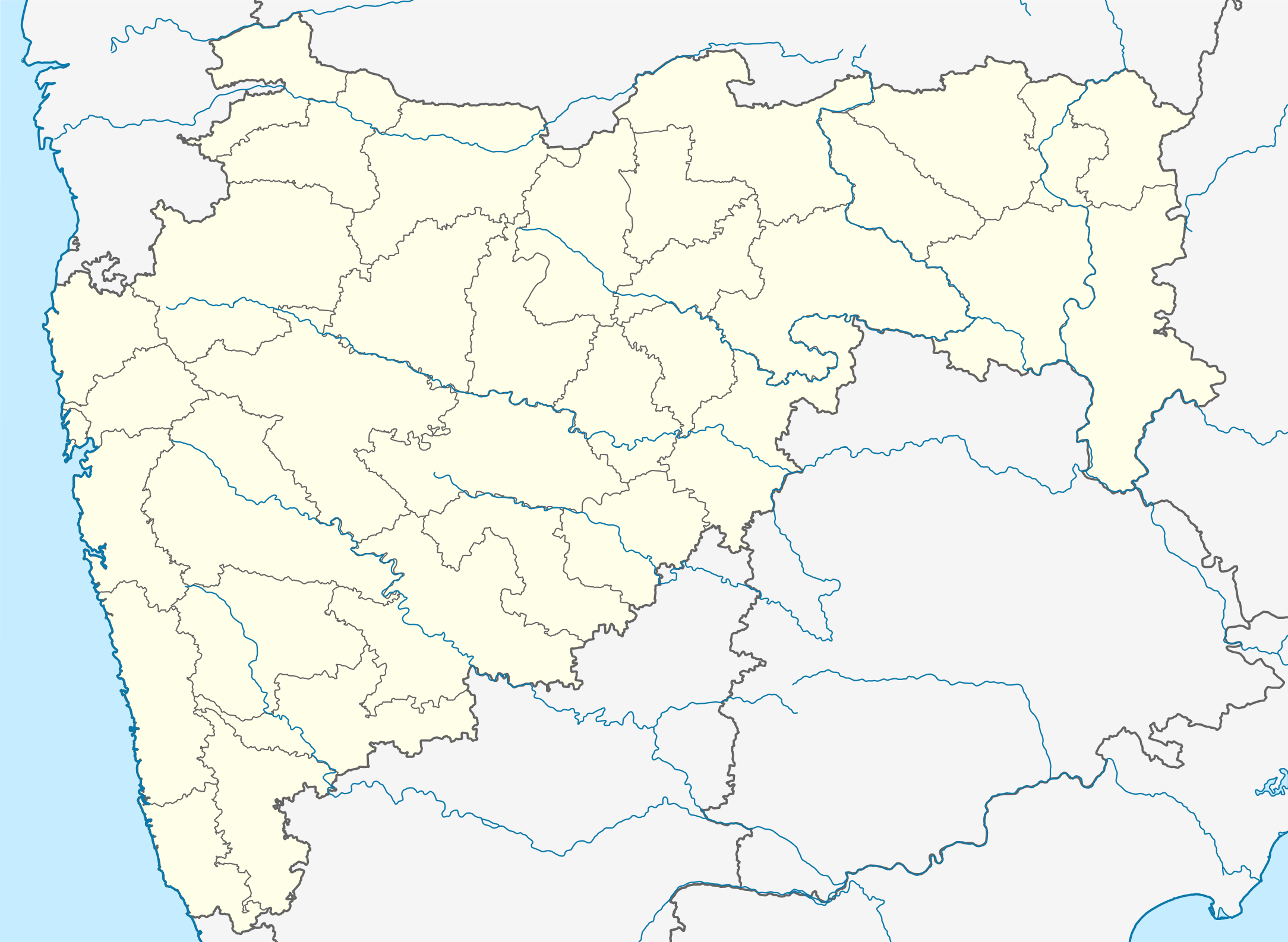Nilanga
Nilanga is a town with a municipal council in Latur District in the Indian state of Maharashtra. It is also the headquarters for Nilanga Taluka. The city being small is the Taluka Headquarter.
Nilanga Nirlingpur | |
|---|---|
Town | |
 Nilanga Location in Maharashtra, India | |
| Coordinates: 18°06′58″N 76°45′09″E | |
| Country | |
| State | Maharashtra |
| District | Latur |
| Taluka | Nilanga |
| Elevation | 583 m (1,913 ft) |
| Population (2011) | |
| • Total | 36,112[1] |
| Languages | |
| • Official | Marathi |
| Time zone | UTC+5:30 (IST) |
| PINCODE | 413521 |
| Vehicle registration | MH-24 |
| Lok Sabha constituency | Latur |
| Vidhan Sabha constituency | Nilanga[2] |
Demographics
As of 2011 India census,[3] Nilanga had a population of 36,112.[1] Males constituted 52% of the population and females 48%. Literacy rate of Nilanga city is 80% lower than state average of 82.34%. In Nilanga, Male literacy is around 85.84% while female literacy rate is 73.71%. In 2011 in Nilanga, 13% of the population was under 6 years of age. The majority of the people of this town are engaged either in agriculture or traditional retail business. Muslim, Maratha and Lingayat, Yellam communities have dominated this town by their influence in business and politics. Being a part of Maharashtra's dry zone, Nilanga faces frequent Water Crisis. It ranks 11th Taluka in Maharashtra for Farmer Suicides.
Marathi is widely spoken in the region. Kannada are also spoken by some in the town. Hindi also spoken in Nilanga.
Schedule Caste (SC) constitutes 19.42% while Schedule Tribe (ST) were 1.98% of total population in Nilanga.[1]
References
- "Nilanag city population". census2011. Retrieved 19 July 2015.
- "Assembly Constituencies-Post delimitation: Maharashtra: Latur District" (PDF). National Informatics Centre, Government of India. Archived from the original (PDF) on 29 April 2013.
- "Census of India 2001: Data from the 2001 Census, including cities, villages and towns (Provisional)". Census Commission of India. Archived from the original on 16 June 2004. Retrieved 1 November 2008.